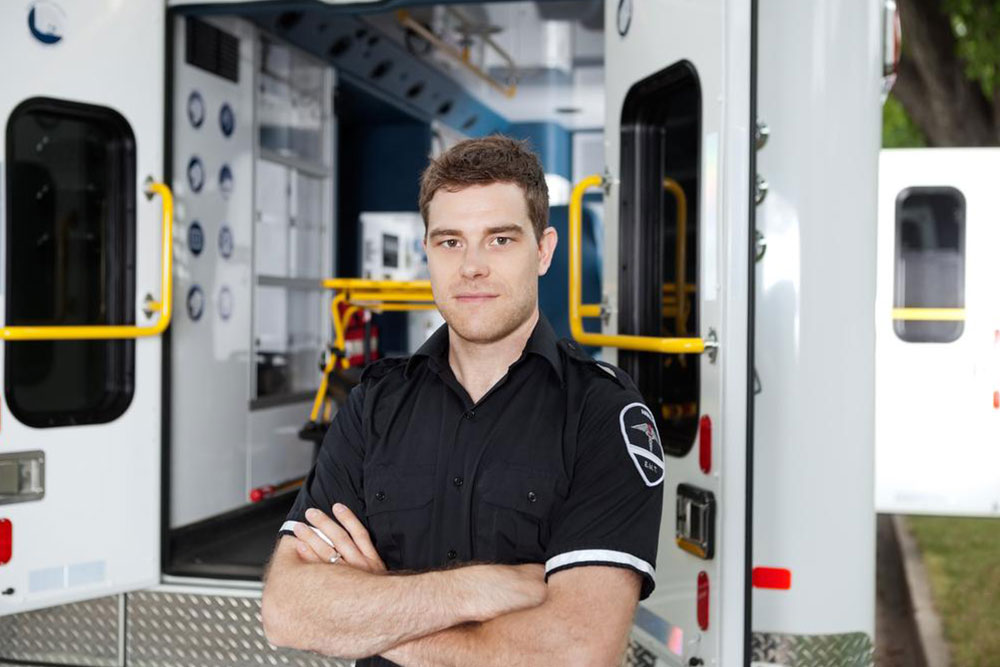Essential Guide to Emergency Medical Responder Certification and Exam Preparation
Learn how to become a certified Emergency Medical Responder with our comprehensive guide. This article covers exam requirements, preparation tips, online practice tests, and registration procedures, helping aspiring responders succeed. It details the certification process, exam content, and the importance of completing approved training programs. Whether you're starting your EMS career or seeking certification renewal, this guide provides essential information to enhance your readiness and confidence in passing the NREMT EMR exam.

Essential Guide to Emergency Medical Responder Certification and Exam Preparation
Pursuing a career as an Emergency Medical Responder (EMR) is a rewarding goal for many, offering the chance to save lives during emergencies. To become certified, aspiring responders must pass the National Registry of Emergency Medical Technicians (NREMT) exam. This certification includes two parts: the psychomotor skills test and the cognitive assessment. The cognitive exam is computer-based and is conducted at approved testing centers. Candidates must complete a qualifying EMR course before attempting the exam.
The EMR training must align with the standards set by the US Department of Transportation's National Standard Curriculum. Candidates should complete their training within two years prior to testing. Various educational providers, such as Varsity Tutors, offer EMR courses. Practice exams are also available online on platforms like www.varsitytutors.com and www.practicefusion.com, allowing candidates to assess and hone their skills across different subjects.
These free practice tests provide instant results and detailed explanations for each question, aiding candidates in understanding the rationale and improving performance. After completing the exam, results are received immediately, enabling quick evaluation. To take the test, applicants must register on NREMT.org, apply for authorization, and wait for the Authorization to Test (ATT). The EMR exam covers areas including EMS operations, cardiology, trauma, medical emergencies, obstetrics, pediatrics, and airway management. Passing both the cognitive and psychomotor components is necessary for certification.









